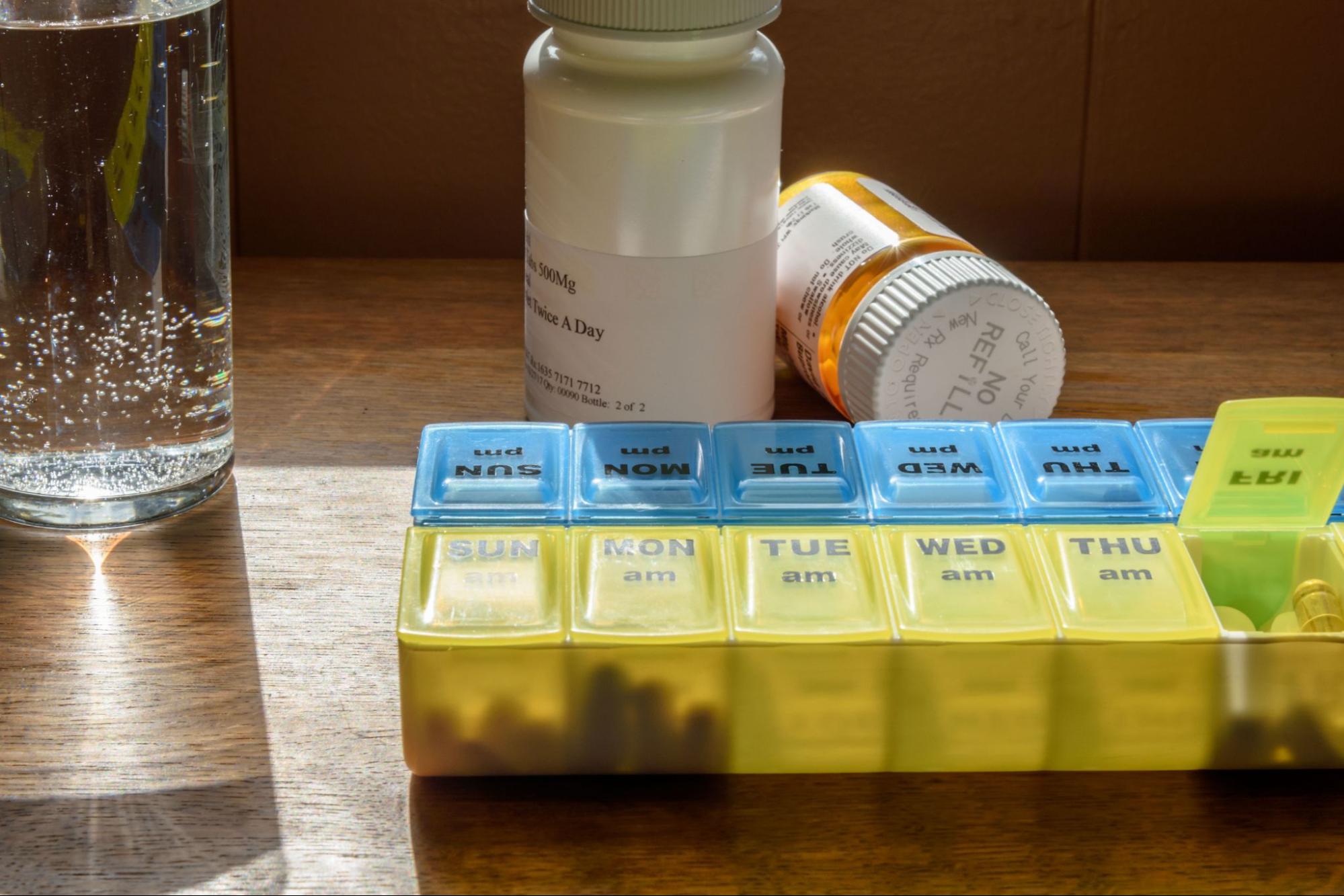Pharmacists play a pivotal role, not only in dispensing medications but also in advocating for cardiovascular health through the management of blood pressure and cholesterol. This dual focus on hypertension and lipid disorders underscores the critical contribution of pharmacists in combating heart disease, the leading cause of mortality worldwide.
The Role of Pharmacists in Cardiovascular Health
Pharmacists are uniquely positioned at the intersection of medication management and patient education. Their accessibility and expertise make them invaluable resources for patients managing chronic conditions like hypertension and hyperlipidemia. Through medication therapy management (MTM), pharmacists ensure that patients receive optimal therapeutic outcomes by monitoring drug efficacy, managing side effects, and preventing drug interactions.
Blood Pressure Management
Hypertension, a major risk factor for cardiovascular diseases, requires diligent management to prevent complications such as heart attacks, strokes, and kidney damage. Pharmacists contribute to blood pressure control by:
Educating Patients
They provide essential education on the importance of adhering to prescribed medication regimens and understanding how lifestyle factors like diet and exercise influence blood pressure.
Monitoring Therapy
Pharmacists often conduct blood pressure screenings and monitor patient progress, adjusting medication plans in collaboration with physicians as needed.
Promoting Lifestyle Modifications
Beyond medications, pharmacists advocate for lifestyle changes such as reducing sodium intake, increasing physical activity, and limiting alcohol consumption.
Cholesterol Management
Similarly, managing cholesterol levels is crucial for preventing atherosclerosis and subsequent cardiovascular events. Pharmacists aid in this effort by:
Guiding Medication Use
They help patients navigate the complexities of statins and other lipid-lowering medications, ensuring adherence and addressing concerns about side effects.
Providing Dietary Advice
Pharmacists offer recommendations on diets that promote heart health, emphasizing the reduction of saturated and trans fats.
Encouraging Regular Screening
Regular lipid profile screenings are essential for monitoring cholesterol levels and adjusting treatment plans. Pharmacists play a key role in reminding patients of the importance of these screenings.
The Impact of Pharmacists on Patient Outcomes
The involvement of pharmacists in managing blood pressure and cholesterol has shown to significantly improve patient outcomes. Studies have demonstrated that pharmacist-led interventions, such as patient education and medication management, can lead to better control of hypertension and lipid disorders. These improvements are associated with a reduced risk of cardiovascular events and, ultimately, improved quality of life for patients.
Learn more About Maintaining Your Cardiovascular Health
Pharmacists are indispensable allies in the fight against cardiovascular disease. Their expertise in medication management, coupled with their commitment to patient education, positions them as key players in the prevention and control of hypertension and hyperlipidemia. As healthcare continues to evolve, the role of pharmacists in promoting cardiovascular health will undoubtedly expand, further highlighting their critical role in achieving optimal patient outcomes. Through their efforts, pharmacists not only ensure the safe and effective use of medications but also champion the cause of heart health, one patient at a time.
Check out our Eden Drug blog today to learn more about the importance of year-long cardiovascular health.




